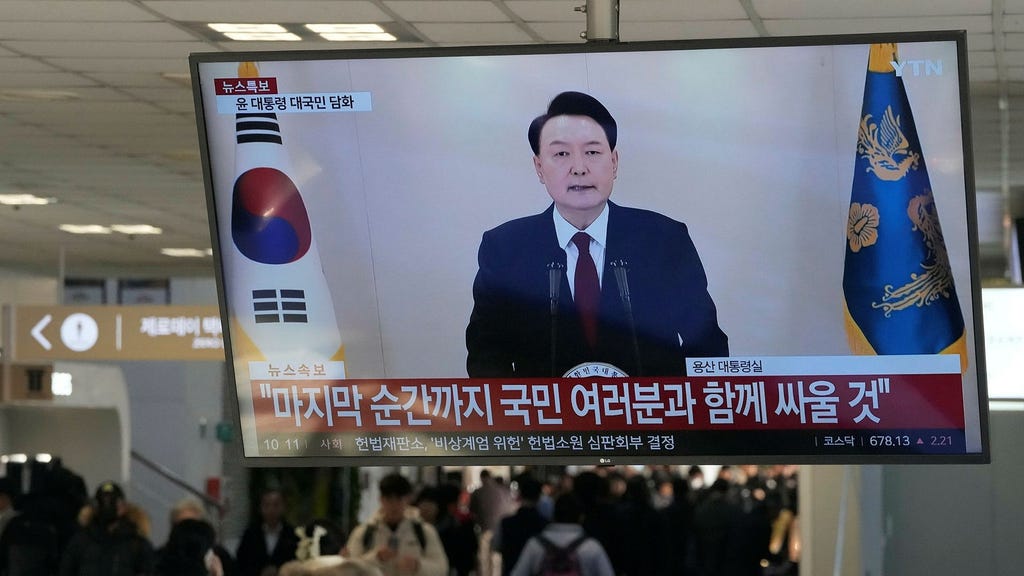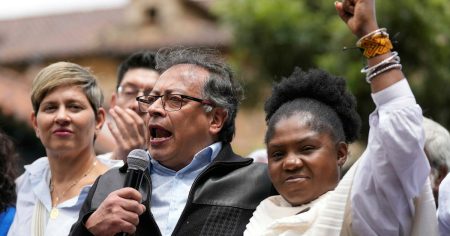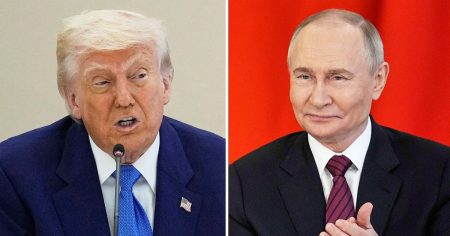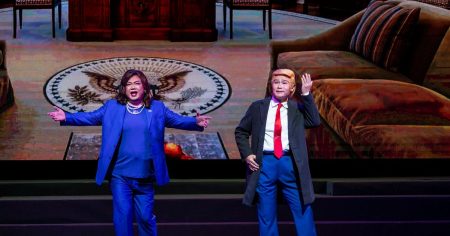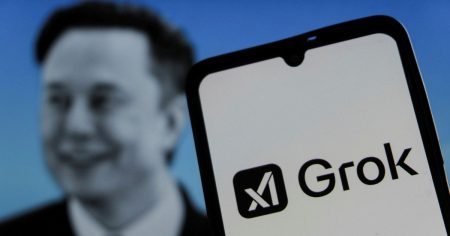The political landscape in South Korea has been thrown into turmoil by President Yoon’s drastic actions and subsequent defiance, setting the stage for a potential impeachment and a constitutional crisis. The president’s decision to invoke emergency powers and deploy the military to parliament, ostensibly to counter what he termed the opposition’s ”treasonous” attempts to paralyze the country, has backfired spectacularly, eroding public trust and solidifying opposition against him. His justifications, claiming the necessity of safeguarding democracy against a parliamentary ”dictatorship,” have failed to resonate with the populace, who instead view his actions as a desperate power grab.
The escalating crisis began with President Yoon’s surprise televised address, in which he doubled down on his decision to invoke emergency powers, framing it as an act of national salvation. He vehemently defended the military intervention in parliament, asserting that it was essential to counter the opposition’s alleged obstructionism and protect South Korea’s democratic principles. His defiant rhetoric, culminating in a vow to ”fight to the end,” signaled his unwillingness to concede to mounting pressure for his resignation. This address, however, only seemed to accelerate his downfall, further alienating the public and hardening the resolve of the opposition.
The opposition, emboldened by public outrage and President Yoon’s intransigence, has initiated a pre-trial investigation into potential treason charges against him, with the possibility of imminent arrest looming. Simultaneously, a new impeachment vote is scheduled, with a significant shift in political winds suggesting a higher likelihood of success this time. The leader of Yoon’s own party, the People Power Party, has publicly endorsed the impeachment effort, urging party members to vote in favor of removing the president. This remarkable turn of events underscores the deep fissures within the ruling party and the widespread condemnation of Yoon’s actions, even among his former allies. The prospect of impeachment, with its immediate removal from office pending a constitutional court ruling, represents a serious threat to Yoon’s presidency.
Despite the seemingly insurmountable odds, Yoon’s presidency is not entirely devoid of support. A segment of his party remains loyal, and past actions, such as boycotting a previous impeachment vote, suggest potential resistance to his removal. However, the sheer scale of public disapproval and the defection of key political figures significantly weaken his position. Public opinion polls indicate a staggering 75% of South Koreans favor either his resignation or impeachment, illustrating the depth of public discontent and the erosion of his mandate.
The public’s negative reaction stems in part from the chilling historical echoes of South Korea’s past under military dictatorship. The invocation of emergency powers and the deployment of troops to parliament evoked painful memories of authoritarian rule, triggering widespread protests and condemnation. Yoon’s attempt to frame his actions as a defense of democracy has been widely rejected, with many viewing them as an assault on democratic institutions and norms. The dramatic scenes of security forces confronting parliamentarians further fueled public anger, solidifying the perception of Yoon as a desperate leader clinging to power.
The escalating crisis presents a bleak outlook for President Yoon. He finds himself increasingly isolated, facing potential treason charges, a looming impeachment vote, and overwhelming public disapproval. His portrayal of the opposition as treasonous and his justification of extreme measures have failed to resonate, instead painting him as a desperate leader willing to subvert democratic processes to retain power. The coming days will be crucial in determining the fate of his presidency and the future political direction of South Korea, as the nation grapples with this unprecedented constitutional challenge.





